How do you fix Ferrari's F1 problems?
From a championship-challenging position at the start of the season, the Scuderia has fallen so far that it prompted Charles Leclerc to effectively throw in the towel on his title hopes before the recent Dutch GP.

Leclerc, who after the opening three races of this year was 46 points clear of Max Verstappen at the top of the standings, headed into the race at Zandvoort 98 adrift of the reigning F1 champion who now looks certain to clinch back-to-back drivers' titles. Prior to the race, Leclerc said: "There is still plenty to fight for, for the constructors' championship, for second place in the [drivers'] championship."
Another Verstappen victory on Sunday, his 10th of the season, in front of a partisan home crowd means the Monégasque now needs a miracle as he is 109 points behind with 190 on the table. But it is how Ferrari has managed to get itself into this parlous position that has left it a laughing stock at worst in the eyes of many, and heavily criticised at best by numerous esteemed pundits. Power unit failures while leading the grands prix in Azerbaijan and Spain were particularly costly, not just in terms of the points lost but also in the subsequent grid penalties for exceeding the prescribed number of components.

They are part and parcel of F1, however, as Verstappen can testify given his own retirements in the season-opening race in Bahrain and then Australia two races later that were the cause of his early chasm to Leclerc.
The mistakes from Leclerc himself, however, have been in stark contrast to the near-faultless performances from Verstappen who is at the top of his game at present. The first of those errors was in the Emilia Romagna Grand Prix at Imola where Leclerc spun into the barriers with 10 laps remaining as he hunted Verstappen's Red Bull team-mate Sergio Perez for second position, leading to an additional pit stop for repairs and a lowly sixth position.
Worse followed in the French GP at the Paul Ricard Circuit where Leclerc inexplicably crashed while leading, resulting in that haunting howl over team radio and images of him back in the pit lane looking aghast and with his head in his hands.
What has undoubtedly rubbed salt into wounds which continue to deepen with each passing event has been the internal aberrations that have painted Ferrari as a team that seemingly does not know what it is doing. The three most egregious cases occurred in the races at Monaco, Silverstone and Budapest where poor strategy calls resulted in Leclerc slipping from likely race victor to fourth on the first two occasions and sixth in the latter.
You would have thought the summer break would have provided Ferrari with an opportunity to reset, for minds to be cleared and then on F1's return, to show it had learned lessons and was a better all-around force than had previously been witnessed. In Belgium and the Netherlands, however, it has been far from the case.
Those power unit penalties played a part in Leclerc's lowly grid position at Spa-Francorchamps, albeit with Verstappen a grid slot ahead of him as he served penalties of his own. What transpired was a cycle of events you could not make up, but with questions again asked of Ferrari's strategy team. Leclerc had to pit at the end of lap three due to overheating brakes – ironically, as it later materialised, was caused by a Verstappen tear-off that had lodged in a duct. That had consequences later on.
As Leclerc pitted with two laps to go in a bid to claim the point for fastest lap on the last lap. A sensor failure caused earlier by the overheating brakes resulted in Leclerc exceeding the pit lane speed limit by one kilometre per hour, and a swiftly administered five-second penalty. From running a comfortable fifth, the pitstop saw Leclerc drop to sixth behind Fernando Alonso as the timing was misjudged. He managed to regain the place back on track but was demoted to sixth again with the penalty. Leclerc missed out on the fastest-lap point as he was sent out on scrubbed softs as a result of having no new red-lined rubber available after burning a set in qualifying in mistakenly being sent out on fresh softs as the team looked to set up a tow for Carlos Sainz in qualifying.
At Zandvoort, it was Sainz's turn to be on the receiving end of Ferrari's continual comedy of errors as there was no rear-left tyre ready when he made his first visit into the pits, while at a subsequent stop the team was penalised for an unsafe release as he and Alonso touched in the pit lane.

That latest farce led to 2016 F1 champion Nico Rosberg slating the Scuderia by stating that "even Formula 2 or Formula 3 teams do a better job at their strategy and pit stops than Ferrari", and that changes were necessary. He was not the first to make such a remark, nor is he likely to be the last.
The response from Ferrari's normally calm, mild-mannered team principal Mattia Binotto was understandably sharp. "It is so easy to speak when you are outside," retorted Binotto. "I can do the job he is doing and simply criticise.
"But we will not change people. That is the answer to Rosberg. It has been proven in this sport that what is more important is simply stability and that we make sure we are improving day-by-day and race-by-race. We have great people, we are a great team. I have no doubt about that. It takes years and experience for all teams to be at the front, and there is no reason why it should be different to ourselves." It was a staunch defence, but in such words, leaders rise or fall.
Up next for Ferrari and Binotto, a race on home turf at Monza where forgiveness and understanding will be in short supply from the Tifosi if further mistakes are made in front of them. With both titles now almost out of reach, if Ferrari wanted to salvage a semblance of respect from this season, it has to start this weekend.
Images courtesy of Motorsport Images.
Formula 1
F1
F1 2022
Ferrari
Charles Leclerc
Carlos Sainz
Mattia Binotto











